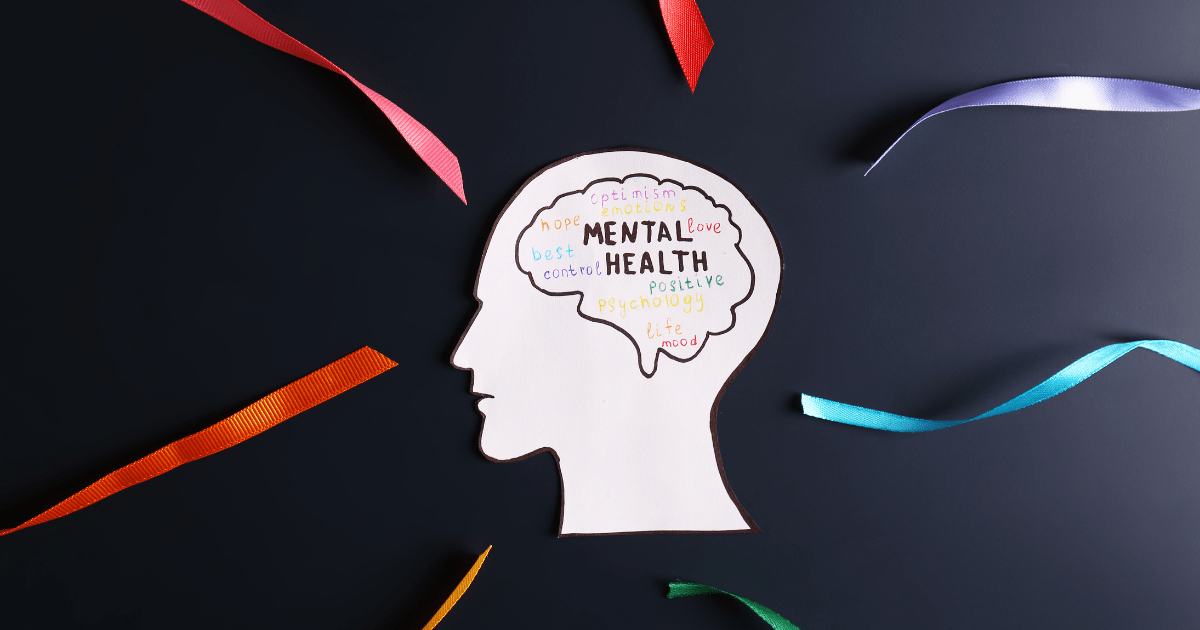
The Silent Epidemic: Understanding the Urgency of Mental Health Treatment
August 31, 2023
Why First City Mental Health Center is the Go-To Resource For Mental Health Treatment in Indiana
August 31, 2023Whether you or a loved one are seeking help for a mental health condition, understanding treatment plans is essential for embarking on the path towards healing and recovery. In this comprehensive guide, we will unravel the complexities surrounding these plans, empowering individuals and families with knowledge and insight.
What is a Mental Health Treatment Plan?
A mental health treatment plan is a document that outlines the goals, interventions, and follow-up activities for addressing a person’s mental health needs. It is developed by a mental health professional in collaboration with the individual and, when appropriate, their family members or other support people.
The treatment plan will take into account the individual’s preferences and cultural background as well as any limitations on what treatments are available. The goal of the treatment plan is to reduce symptoms and improve functioning so that the individual can lead a fulfilling life.
Interventions may include medication, psychotherapy, case management, education and training, supported employment, and/or community support services. Follow-up activities will be tailored to the individual’s needs and may include regular check-ins with the mental health professional, attendance at support groups or therapy sessions, or participation in self-care activities.
Benefits of Mental Health Treatment Plans
At First City Mental Health Center, patients have a detailed plan that outlines the goals of their treatment and the steps that will be taken to reach those goals. Mental health treatment plans can be very beneficial for individuals and their families, as they can help to set expectations, track progress, and ensure that everyone is on the same page.
Mental health treatment plans can help individuals in a number of ways. First, they can provide a clear roadmap for treatment, so that both the individual and their family know what to expect. Treatment plans can also help to track progress, so that everyone involved can see how far the individual has come and what still needs to be worked on. Having a treatment plan in place can help to ensure that all members of the team (including therapists, psychiatrists, physicians, etc.) are working towards the same goal.
Benefits of mental health treatment plans extend beyond the individual as well. Families can also benefit from having a clear understanding of what is going on with their loved one and what they can do to support them. In some cases, families may even be able to participate in therapy sessions or other aspects of treatment. Either way, having a shared understanding of the goals and process of treatment can help to foster communication and collaboration between all parties involved.
Who Should Develop A Mental Health Treatment Plan?
Individuals who have been diagnosed with a mental health condition by a qualified mental health professional should develop a treatment plan. Treatment plans are also often developed for individuals who are at risk for developing a mental health condition. For example, individuals who have experienced a traumatic event may be considered at risk for developing posttraumatic stress disorder (PTSD) and may benefit from developing a treatment plan.
A treatment plan should be developed in collaboration with a mental health professional and should be individualized to meet the specific needs of the individual. The treatment plan should address the individual’s current symptoms, as well as any underlying causes of the symptoms. The goal of the treatment plan is to reduce or eliminate the symptoms that are causing distress and to help the individual function more effectively in daily life.
The components of a treatment plan will vary depending on the individual’s needs, but may include medication, psychotherapy, lifestyle changes, and/or community support. Medication may be prescribed to help relieve symptoms such as anxiety or depression. Psychotherapy can help individuals understand and work through their thoughts, feelings, and behaviors. Lifestyle changes, such as exercise and stress reduction, can also help improve mental health. Community support can provide social and emotional stability and allow individuals to connect with others who are facing similar challenges.
What Should be Included in a Mental Health Treatment Plan?
Mental health treatment plans are individualized and should be based on a thorough assessment of the person’s mental health needs. The plan should be developed in collaboration with the person and their family, and should be reviewed and updated regularly.
The treatment plan should include:
- A clear description of the problem or diagnosis
- The goals of treatment
- The specific interventions that will be used to address the problem or diagnosis, including medication, psychotherapy, case management, and other services as needed
- The frequency, duration, and setting of each intervention
- The expected outcome of each intervention
- A plan for monitoring progress and modifying the intervention as needed
How to Create an Effective Mental Health Treatment Plan
If you are seeking mental health treatment, it is important to work with your assigned physician or therapist at our center to create an effective treatment plan. This plan will be individualized to meet your unique needs and goals. In general, an effective mental health treatment plan should include:
- A clear and concise description of the problem or concern.
- Goals for treatment, which should be specific, measurable, achievable, realistic, and time-bound.
- Strategies and interventions for achieving those goals, which may include medication, psychotherapy, lifestyle changes, etc.
- A timeline for implementation of the various components of the plan.
- Regular reassessment and revision of the plan as needed.
Pros of Mental Health Treatment Plans
- Treatment plans can provide a clear understanding of the problem and what needs to be done to address it.
- They can help individuals and families set realistic expectations for recovery.
- Treatment plans can help track progress and ensure that goals are being met.
- They can provide a sense of structure and support during a time of crisis or uncertainty.
Tips for Successfully Following a Mental Health Treatment Plan
- Make sure you understand your treatment plan. Discuss it with your therapist and make sure you are clear on what is expected of you. If there is anything you don't understand, ask for clarification.
- Follow through with your appointments and keep up with any recommended therapies or treatments. It can be easy to fall behind or skip appointments, but doing so can jeopardize your progress and recovery.
- Be open and honest with your mental health professional about how you are feeling and how well you are following the treatment plan. If you are struggling, don't be afraid to reach out for help.
- Take an active role in your own recovery by staying informed about your condition and actively participating in your treatment plan. The more you know about your mental health condition, the better equipped you will be to manage it successfully.
- Seek support from family and friends, as well as from other individuals who are living with mental illness. These people can provide understanding and encouragement as you navigate your treatment plan.
In conclusion, mental health treatment plans are essential for any individual or family dealing with mental illness. It is important to understand what the plan entails and how it works in order to ensure that the plan is beneficial and effective.
Additionally, understanding such a plan can help individuals and families advocate for their needs, make informed decisions about treatments, and get the best possible outcomes from their mental health care provider. With this knowledge, individuals and families can work together with providers to create an effective treatment plan that meets each person's specific needs.
If you or a loved one is struggling, reach out today. 877-679-2964






